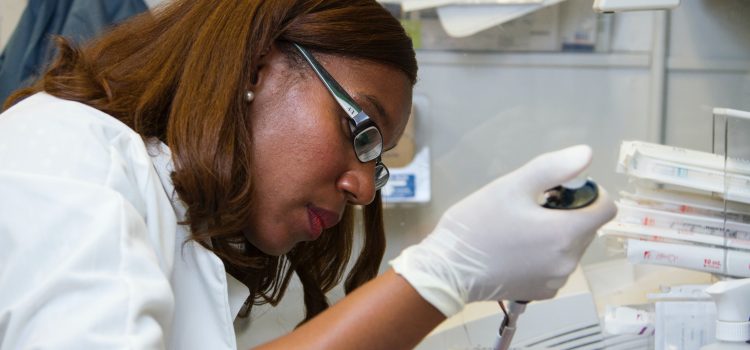
Cholera is a deadly disease that continues to affect developing countries, particularly those with poor water and sanitation infrastructure. While progress has been made in reducing the incidence of cholera globally, outbreaks still occur, causing significant health and economic impacts on affected communities. In this article, we will explore innovative solutions that are being implemented to combat cholera in developing countries.
Oral Cholera Vaccines Oral cholera vaccines (OCVs) are an effective tool for preventing cholera outbreaks, particularly in high-risk populations. OCVs are given orally and provide protection against cholera for up to two years. They are being increasingly used in cholera-prone areas, and vaccination campaigns have been successful in reducing the incidence of cholera in several countries.
One notable example is the use of OCVs in Haiti following the 2010 earthquake. A mass vaccination campaign was launched, and over one million people were vaccinated against cholera. This helped to prevent the spread of the disease and reduce the number of cholera cases in the country.
Water Treatment Technologies Access to clean water is essential in preventing cholera outbreaks. However, in many developing countries, water treatment infrastructure is inadequate, and people are forced to use contaminated water sources. Innovative water treatment technologies are being developed to address this issue.
One example is the use of solar disinfection (SODIS) technology. SODIS uses sunlight to disinfect water and make it safe for drinking. The process involves filling a clear plastic bottle with water and leaving it in the sun for several hours. This simple and low-cost technology has been successful in reducing the incidence of waterborne diseases, including cholera, in several countries.
Another example is the use of ceramic water filters. These filters are made from locally available materials and are designed to remove bacteria and other contaminants from water. They are low-cost and easy to use, making them an effective solution for communities with limited resources.
Improving Sanitation Infrastructure Improving sanitation infrastructure is essential in preventing cholera outbreaks. In many developing countries, open defecation is still a widespread practice, leading to the contamination of water sources and the spread of cholera. Innovative solutions are being developed to address this issue.
One example is the use of ecological sanitation (ecosan) systems. These systems are designed to treat human waste and produce a safe and nutrient-rich fertilizer. They can be used in areas where traditional sanitation infrastructure is not feasible, and they provide a sustainable solution to the problem of open defecation.
Another example is the use of community-led total sanitation (CLTS) programs. These programs encourage communities to take ownership of their sanitation needs and work together to improve sanitation infrastructure. They have been successful in reducing the incidence of cholera and other waterborne diseases in several countries.
Conclusion Innovative solutions are being developed to combat cholera in developing countries. Oral cholera vaccines, water treatment technologies, and improvements in sanitation infrastructure are all essential in preventing cholera outbreaks. By investing in these solutions and working together to address the underlying causes of cholera, we can create a world where cholera is no longer a threat to public health.










